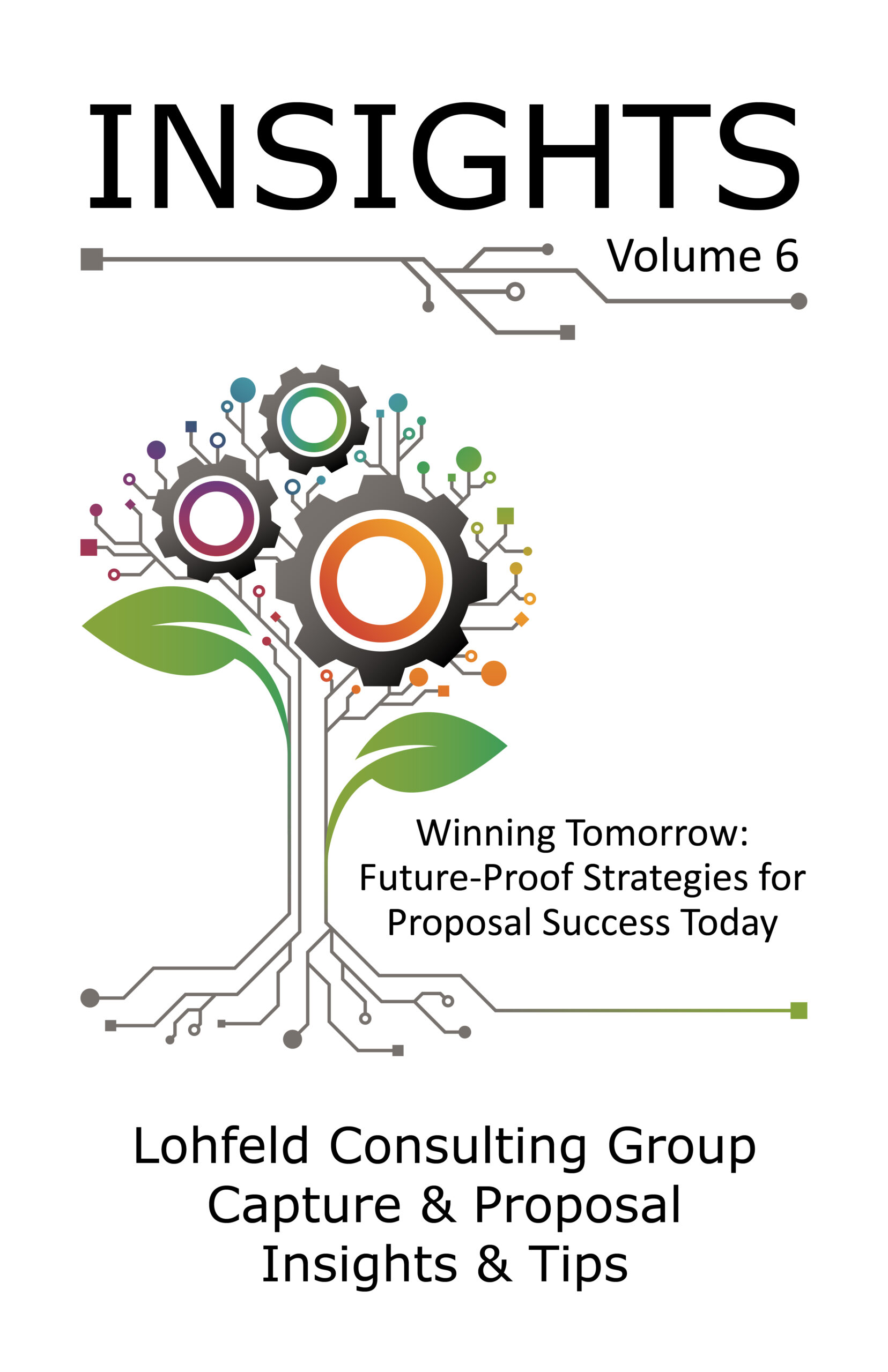Win Big in Bioenergy: Secure the Systems Biology Grant

Are you interested in contributing to the future of sustainable energy? The Systems Biology Research to Advance Bioenergy Crop Production grant supports the development of cost-effective biofuels and bioproducts that reduce the environmental impact of energy production. Using genomics-driven tools and systems biology approaches, researchers will map the complex networks and molecular mechanisms of bioenergy crop growth, driving innovation in the field.
This funding opportunity empowers researchers to advance sustainable and economically viable bioenergy solutions. Applications are due March 26, 2025, at 11:59 PM ET.
Notice of Funding Opportunity (NOFO) At-a-Glance
| Requirement/Information | Description/Due Dates |
| NOFO Title | Systems Biology Research to Advance Bioenergy Crop Production |
| NOFO Opportunity Number | DE-FOA-0003453 |
| Expected Award Project Period | Up to five (5) years |
| Notice of Funding Opportunity Number | DE-FOA-0003453 |
| Submission Deadline for Pre-Applications | January 17, 2025 (Pre-applications required) |
| Pre-Application Response Date | February 3, 2025, at 5:00 PM ET |
| Submission Deadline for Applications | March 26, 2025, at 11:59 PM ET |
| Expected Total Available Funding | Up to $75M |
| Expected Number of Awards | Approximately five (5) to fifteen (15) awards are expected |
| Expected Dollar Amount of Individual Awards | Approximately $1M to $3M per year. The maximum allowable budget per year is $3M, independent of the proposed project period. |
Applications Are Requested For:
- Systems-level research to improve understanding of the molecular mechanisms underlying bioenergy feedstock productivity under changing and, at times, suboptimal environmental conditions.
- Systems biology-enabled investigations into the roles of microbes and microbial communities (including rhizosphere consortia, e.g., bacteria, fungi, diazotrophs, endophytes, and viruses) in supporting plant productivity and vigor.
This NOFO invites applications for genomics-driven basic research aimed at developing sustainable bioenergy feedstock systems within terrestrial ecosystems. The focus is on integrative physiology-based models to achieve a system-level understanding of plant and plant-microbiome ecosystems and identify key sustainability parameters. Consideration of genomic properties and biological processes like resource use efficiency, carbon and nitrogen metabolism, and rhizosphere functions is essential for accurate predictions of plant performance and ecosystem processes under changing environments.
Research Focus Areas
- Molecular Mechanisms in Bioenergy Feedstocks: This involves systems-level research to uncover the genetic and physiological processes that influence plant productivity, resource efficiency, and resilience to environmental stressors. The goal is to advance the development of bioenergy crops that can thrive under diverse environmental conditions. Proposed studies should provide a better understanding of the molecular and physiological mechanisms that control bioenergy crop vigor, resource use efficiency, resilience/adaptability to abiotic stress, and interactions with the surrounding environment, including:
- Changing plant genes to see how they adjust to different environments.
- Understanding how plants use sunlight and store energy in their various parts.
- Studying how plants use resources like water, nutrients, and sunlight efficiently.
- Using plant diversity to find traits that help plants survive in different U.S. regions.
- Microbial Interactions and Plant Productivity: Investigations are sought into the roles of microbes and their communities, such as bacteria, fungi, and viruses, in enhancing plant vigor and productivity. Understanding these interactions could lead to innovative strategies to manipulate plant-microbe associations for improved crop traits. Proposed studies should contribute to a better understanding of bioenergy feedback, plant performance, adaption, and resilience in varying environmental conditions and abiotic stressors, including:
- Looking at how the mix of microbes around a plant affects its growth.
- Understanding how microbes improve soil to help plants grow, especially when they are young.
- Studying how plant genes interact with microbes over time.
- Learning how plants tell good microbes from harmful ones, and how these good microbes help plants manage stress.
- Finding out how plants manage carbon in the soil.
Anticipated Award Size and Period of Performance
The anticipated award size will depend on the number of meritorious applications and the availability of appropriated funds. The Department of Energy (DOE) anticipates making awards with a project period of up to five years. Please note that the project period is independent of the yearly award size of up to $3M per year.
Continuation funding (funding for the second and subsequent budget periods) is contingent on 1) availability of funds appropriated by Congress and future year budget authority; 2) progress towards meeting the objectives of the approved application; 3) submission of required reports; and 4) compliance with the terms and conditions of the award.
Award Budget Period
Awards issued under this NOFO typically have budget periods concluding between December 1 and June 30. New awards can have a first budget period extending beyond 12 months. Applicants should plan for 12-month budget periods. If recommended for an award, start and cycle dates will be negotiated, with budget periods typically lasting between 9 and 18 months.
Limitations on Submissions
Institutions are limited to one pre-application and/or application for each Principal Investigator at the applicant institution. However, there is no limit to the number of applications on which an institution is acting in a subrecipient role. Principal Investigators may also be listed as senior or key personnel, including in any role on a proposed subaward.
Pre-Application Notifications
The Principal Investigator will automatically be notified when the pre-application is encouraged or discouraged. Notifications will be sent as soon as the decisions are finalized.
Application Submittal
Applications in response to this NOFO must be submitted through Grants.gov. Detailed
instructions for registering and using Grants.gov are in Section IX of the NOFO.
Keys to Developing a Strong Application
Several key elements must be considered to ensure the research is innovative and impactful. This includes:
Scientific Innovation of the Proposed Research
- Novelty:
- Does the research introduce new concepts, methodologies, or technologies that have not been previously explored?
- Are there unique approaches to solving existing problems within the field?
- Advancement of Knowledge:
- How does the research contribute to the existing body of knowledge?
- Are there potential breakthroughs that could redefine current understanding or practices?
Likelihood of Achieving Valuable Results
- Feasibility:
- Are the research objectives realistic and achievable within the given timeframe and resources?
- Is there a clear methodology and plan for achieving the objectives?
- Preliminary Data:
- Does the project have preliminary data supporting the feasibility and potential success of the proposed research?
- Expertise and Resources:
- Does the research team have the expertise and resources to conduct the project successfully?
Impact on Scientific Fields
- Influence on Current Research:
- How might the results challenge or confirm existing theories or models?
- What potential does the research have to inspire further studies or shift current paradigms?
- Broader Implications:
- Could the findings have applications beyond the immediate field, influencing other areas of science or technology?
Comparison with Other Efforts
- Originality:
- In terms of concept and execution, how does the proposed work differ from current research efforts?
- Is the research pioneering in its approach or application?
- Scientific and Technical Merit:
- How does the quality of the proposed research compare with other leading projects in the field?
- Are there innovative techniques or methodologies being employed that set it apart?
Scientific Hypothesis
- Specification of Hypothesis:
- Does the application clearly define at least one scientific hypothesis driving the research?
- Is the hypothesis grounded in existing literature and preliminary findings?
- Value of Investigation:
- Is the investigation of the hypothesis expected to yield significant scientific insights or advancements?
Data Management Plan
- Suitability:
- Is there a comprehensive Data Management Plan (DMP) that outlines how data will be collected, stored, and shared?
- Does the DMP support the reproducibility and validation of research results?
- Availability and Reusability:
- To what extent will the research data be accessible to other researchers for further study?
- Are there provisions for ensuring data is reusable and adheres to open science principles?
Appropriateness
- Alignment with Objectives:
- Does the proposed research align with the broader objectives and goals of the funding or supporting organization?
- Is the research appropriate for the intended audience or application?
- Ethical Considerations:
- Are ethical considerations addressed in the research plan, particularly concerning data handling?
Conclusion
This funding opportunity offers a pivotal platform for advancing the understanding of sustainable bioenergy feedstock systems. This program supports high-impact scientific endeavors and underscores the importance of strategic, well-coordinated research efforts to meet the challenges of sustainable energy production.
Relevant Content
By Dana Katalinas, Vice President, APMP Member, GPA Member
Lohfeld Consulting Group has proven results specializing in helping companies create winning captures and proposals. As the premier capture and proposal services consulting firm focused exclusively on government markets, we provide expert assistance to government contractors in Capture Planning and Strategy, Proposal Management and Writing, Capture and Proposal Process and Infrastructure, and Training. In the last 3 years, we’ve supported over 550 proposals winning more than $170B for our clients—including the Top 10 government contractors. Lohfeld Consulting Group is your “go-to” capture and proposal source! Start winning by contacting us at www.lohfeldconsulting.com and join us on LinkedIn, Facebook, and YouTube(TM).
Paperback or Kindle
10 steps to creating high-scoring proposals
by Bob Lohfeld
contributors Edited by Beth Wingate
Subscribe to our free ebrief
Teaming friends, frenemies, and enemies—12 tips to mitigate harmful effects
Did you know that contracting officers spend up to 20% of their time mitigating disputes between teaming partners? In an informal poll we conducted on LinkedIn last month, 40% of respondents classified their teaming partners as “frenemies” on their last bid.
Explore Further
- Advice (542)
- AI (32)
- APMP (18)
- Army MAPS Contracts (4)
- Business Development (302)
- Capture Management (272)
- Complex Technology Grants Services (26)
- Favorite Books (5)
- GenAI (5)
- Go-to-Market (28)
- Graphics (5)
- Lohfeld Books (2)
- NASA SEWP VI Contracts (2)
- Navy SeaPort-NxG Contracts (2)
- NIST MSE Grants (1)
- NIST NAPMP Grants (2)
- Past Performance (63)
- Post-submission Phase (14)
- Pre-RFP Preparation (270)
- Proposal Management (349)
- Proposal Production (81)
- Proposal Reviews (44)
- Proposal Writing (114)
- Pursuit Phase (110)
- Research Report (4)
- Resources (64)
- Tools & Tips (432)
- Training (13)
- Uncategorized (223)

Sign Up for INSIGHTS and Download your FREE book
We'd love to help you with your proposals. Enjoy our complimentary Lohfeld Consulting Group Capture & Proposal Insights & Tips book with your FREE subscription to our Insights Newsletter.
GET YOUR FREE BOOK


